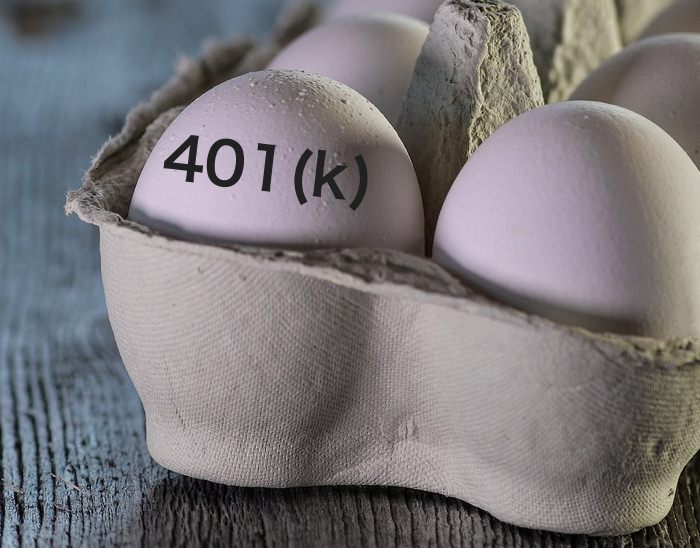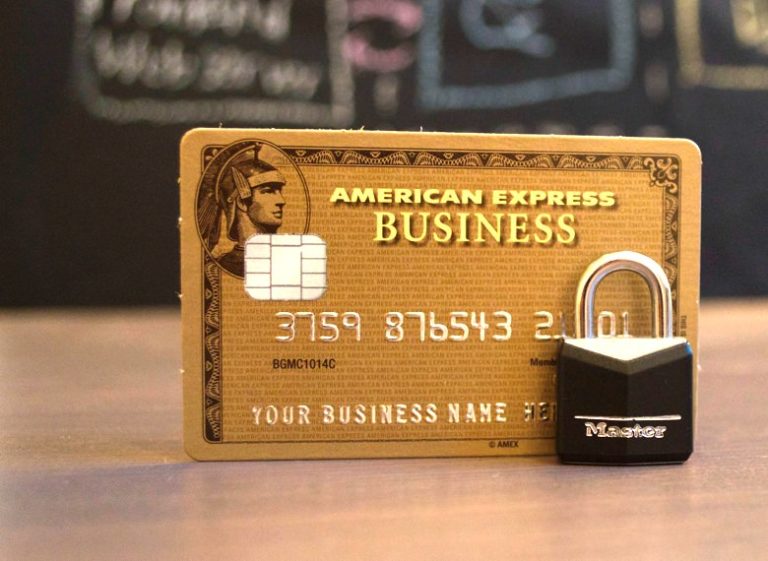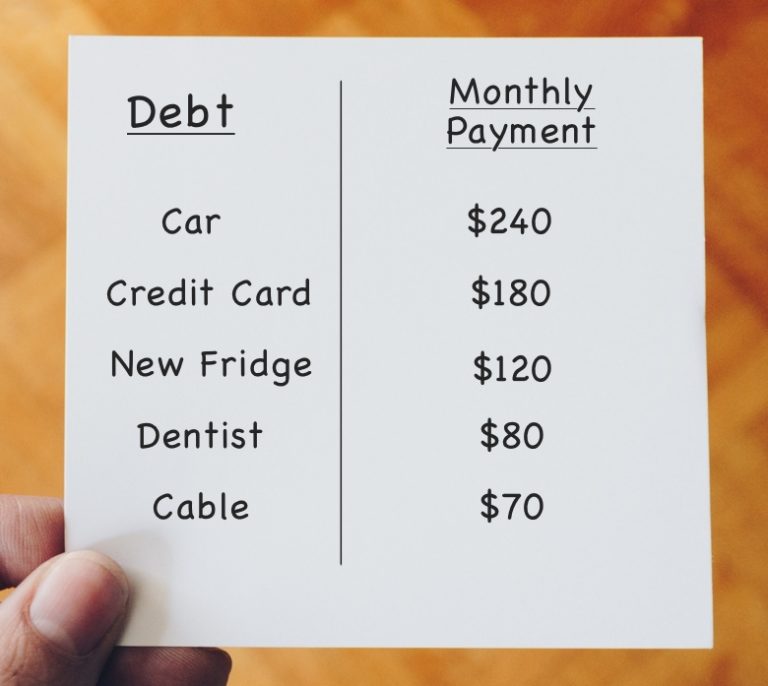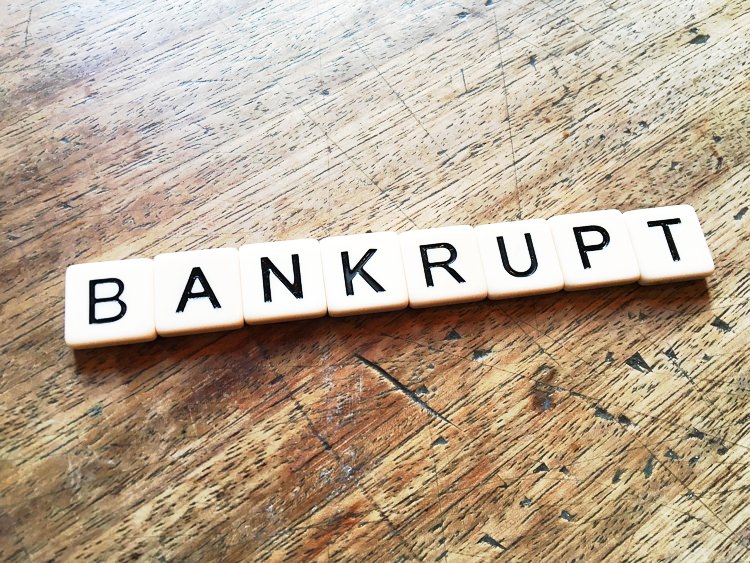Will Filing Bankruptcy Make Me Lose My 401k?

In these tough financial times it’s common to worry about whether bankruptcy would mean losing your 401k. For the most part, 401K plans and other retirement plans can be protected in a federal bankruptcy. Protection means that creditors won’t be able to claim your assets.
 A 401 (k) plan is a specific type of pension plan that is defined by section 401 (k) of the Internal Revenue Code. It is mostly used by employees who deduct the contribution to their 401 (k) from their pay-check before the income is taxed.
A 401 (k) plan is a specific type of pension plan that is defined by section 401 (k) of the Internal Revenue Code. It is mostly used by employees who deduct the contribution to their 401 (k) from their pay-check before the income is taxed.
Many employers do match the amount of the contribution. 401 (k) plans encourage employees to save and encourage employees to stay with one company.
The taxes are essentially deferred until the employee retires.
The savings is based on the fact that most retired employees are in a lower income bracket when they retire than when they worked.
Contribution Limits
There are limits as to how much you can contribute into your plan. As of 2019, the limit is $19,000.
 There are other types of IRS approved plans depending on where you work and whether you or some other entity is making the contribution.
There are other types of IRS approved plans depending on where you work and whether you or some other entity is making the contribution.
Bankruptcy exemptions allow you to exempt many different types of property.
An exemption means that creditors can’t demand that your exempt property be sold by the trustee in bankruptcy to pay the your debts.
11 U.S. Code § 522 Section 3 C specifically exempts the following property:
“(C) retirement funds to the extent that those funds are in a fund or account that is exempt from taxation under section 401, 403, 408, 408A, 414, 457, or 501(a) of the Internal Revenue Code of 1986.”
In addition, ERISA assets are not considered part of the debtor’s estate. ERISA stands for the Employee Retirement Income Security Act.
Most 401 (k) accounts qualify for this ERISA protection.
Your employer can inform you whether your retirement plan, such as 401 (k) is an ERISA account.
Property That is and isn’t Part of the Estate
There is a key difference between property that isn’t part of the estate in the first place and property that is part of the estate.
If the property is part of your estate, you must use an exemption statute, such as 11 USC 522 3 C to protect the property from creditors.
Funds that don’t qualify for ERISA protection need to use an exemption. In addition to 522 3 C, 11 USC 522-n can also provide an exemption for many 401 (k) accounts. 522-n provides:
(n) For assets in individual retirement accounts described in section 408 or 408A of the Internal Revenue Code of 1986, other than a simplified employee pension under section 408(k) of such Code or a simple retirement account under section 408(p) of such Code, the aggregate value of such assets exempted under this section, without regard to amounts attributable to rollover contributions under section 402(c), 402(e)(6), 403(a)(4), 403(a)(5), and 403(b)(8) of the Internal Revenue Code of 1986, and earnings thereon, shall not exceed $1,000,000 in a case filed by (a) the amount of the 401 (k) and most other retirement accounts that can be exempted is now $1,362,800 for each debtor.
What Actions Can Affect the 401 (k) Protection?
There are many and it’s advised that you review with your bankruptcy lawyer which actions could affect the safety of your 401 (k) account from creditors.
The funds are generally safe provided they aren’t touched before you are old enough to access them.
Generally, employees or former employees can take money from their 401 (k) without penalty once they reach the age of 59.
Once a person reaches 70, the owners of the account are required to withdraw funds from the account.
If a debtor takes any funds from the 401 (k) account and places those funds in another account such as a personal checking account, the funds can then be attacked by creditors – unless another exemption can be shown to apply.
If the 401 (k) account or any retirement account was created through fraud, then the account may be subject to attack by creditors.
Anyone considering filing for bankruptcy, should consult with a skilled chapter 7 or chapter 13 bankruptcy lawyer to find out exactly what is protected and what actions can affect protection.
How to Protect All Types of Retirement Accounts
One of the key items to review is how to protect all types of retirement accounts such as 401 (k)s, IRA accounts, pensions, and any plans that have special protection through the Internal Revenue Code.
You may be tempted to use your 401 (k) or retirement benefits to pay your debts.
 While that may be a viable option, you should understand that once you file bankruptcy – it’s often a better option to keep your 401 (k) and other retirement assets so you can get a fresh start when you receive a bankruptcy discharge.
While that may be a viable option, you should understand that once you file bankruptcy – it’s often a better option to keep your 401 (k) and other retirement assets so you can get a fresh start when you receive a bankruptcy discharge.
A lot will depend on whether you are seeking to discharge unsecured debts such as medical bills and credit card debts through a Chapter 7 bankruptcy or whether you are looking to pay secured debts and secured arrearages through a Chapter 13 bankruptcy.
Chapter 7 bankruptcy is generally used when you don’t have homes or cars you want to keep.
You simply declare bankruptcy and list all the unsecured debts you have.
Property that is excepted or exempted can be saved. Property that can’t be protected is sold and used to pay your creditors.
Chapter 13 bankruptcy is used to save secured assets.
A secured asset is an asset that can be sold by the creditor who gave you the loan for the asset.
The most common example is a mortgage for a home or a secured car loan.
Debtors offer to pay off any arrears on the secured assets over a 3-5-year period.
They also agree to pay the continuing secured loan. If they pay off the plan, their assets are saved.
At the Law Offices of Ronald I. Chorches, we advise debtors about assets such as 401k plans, they can save and when those assets could be sold for the benefit of creditors. Bankruptcy consultations are free so view our services to see how we can help you.






